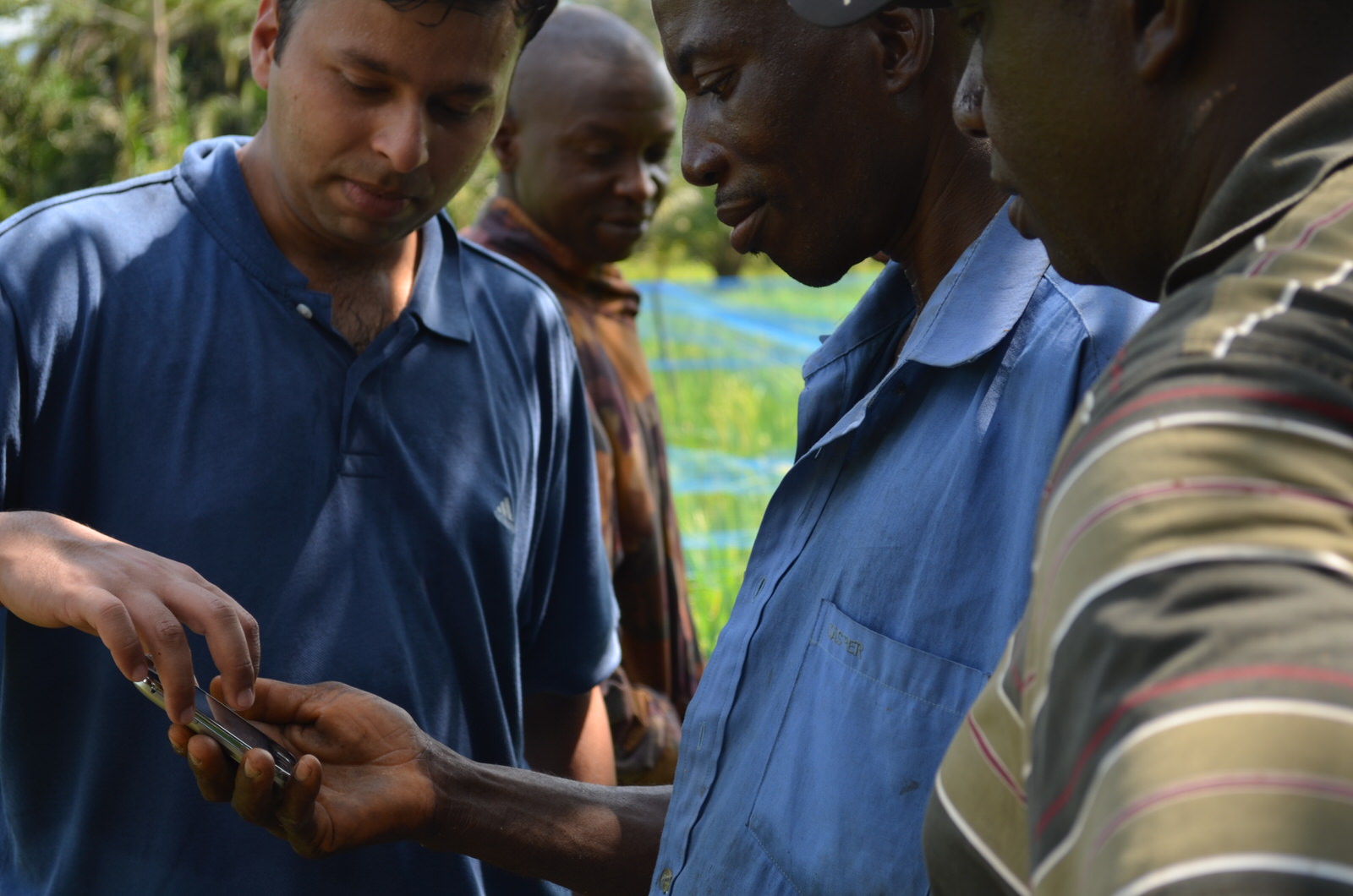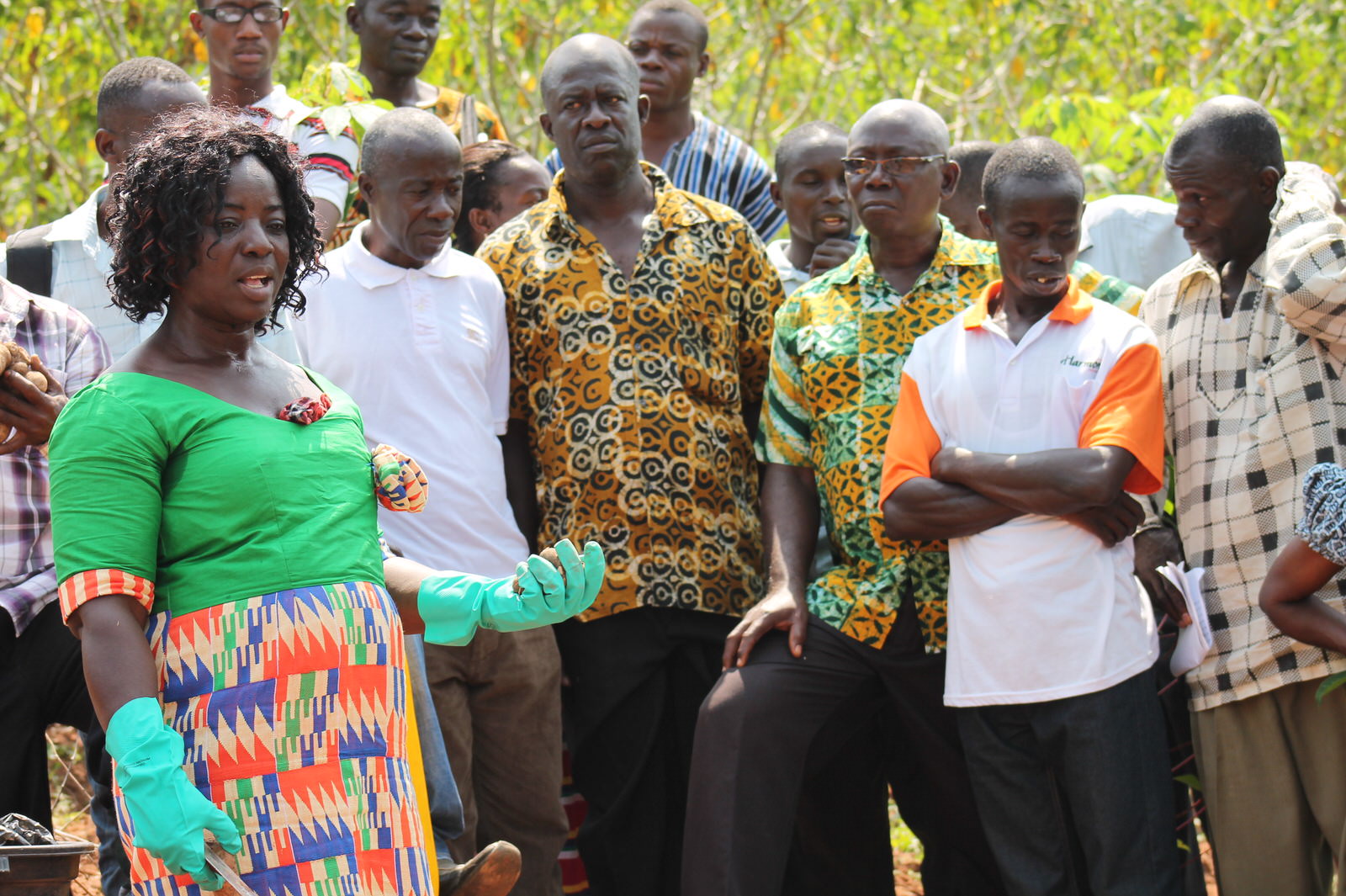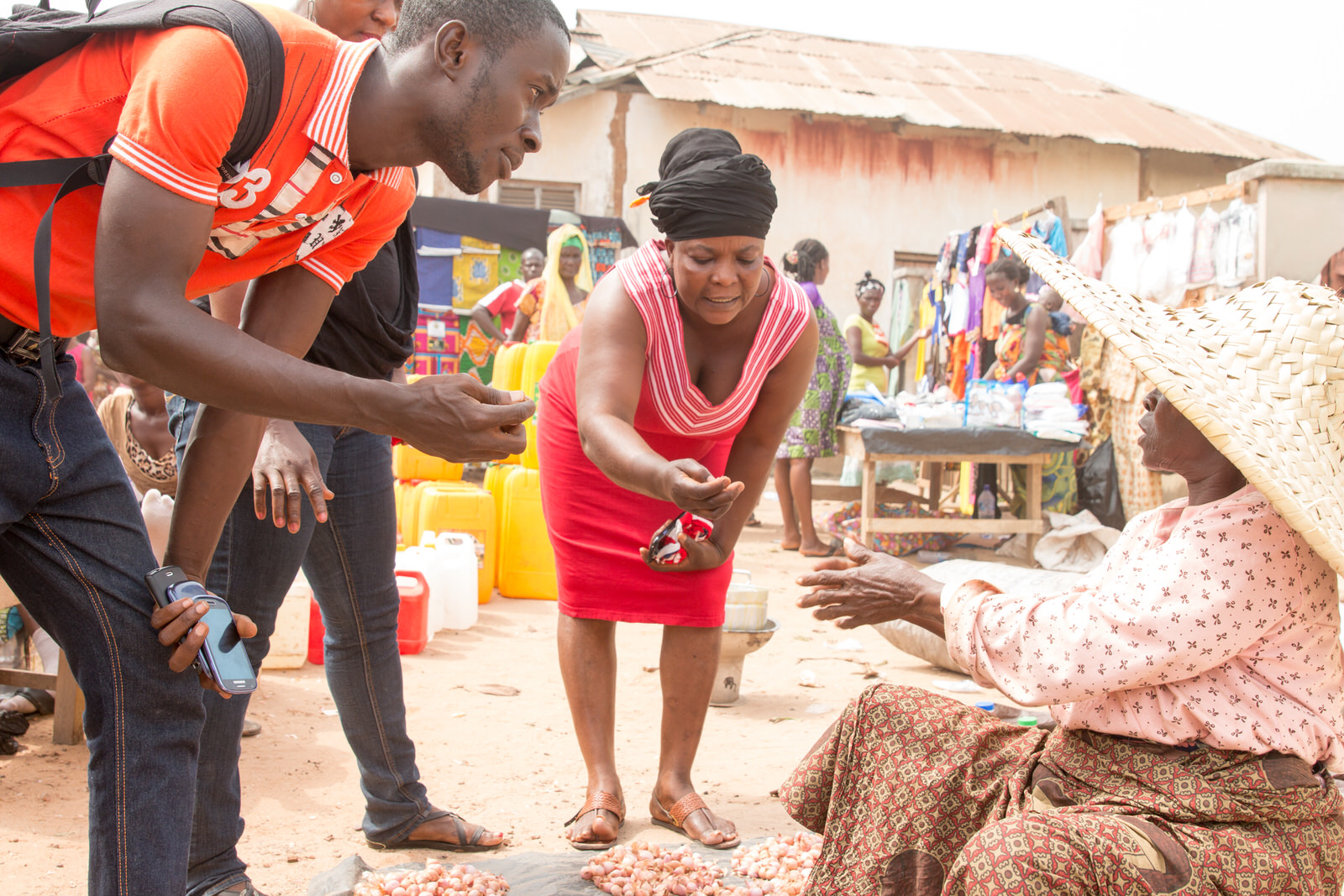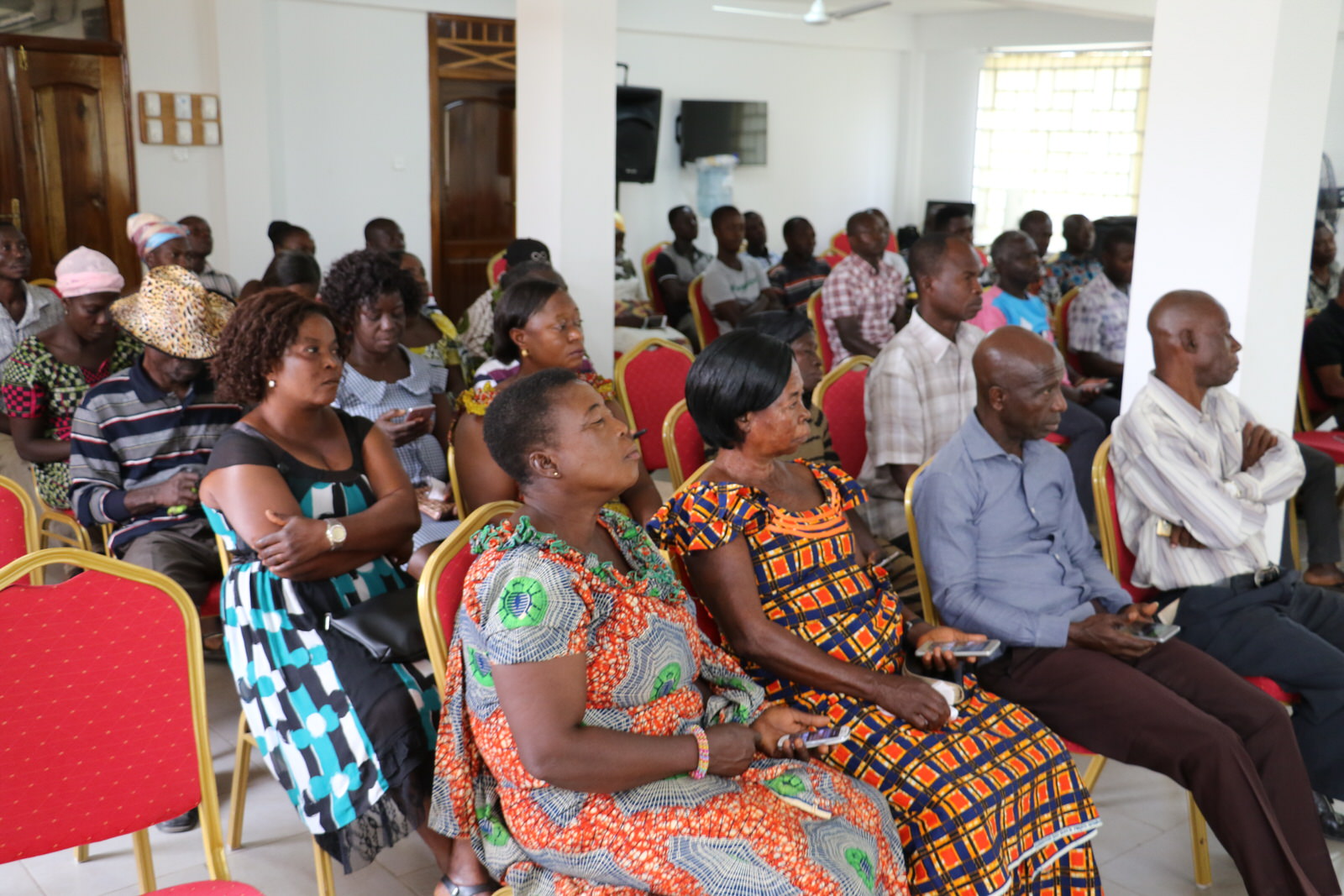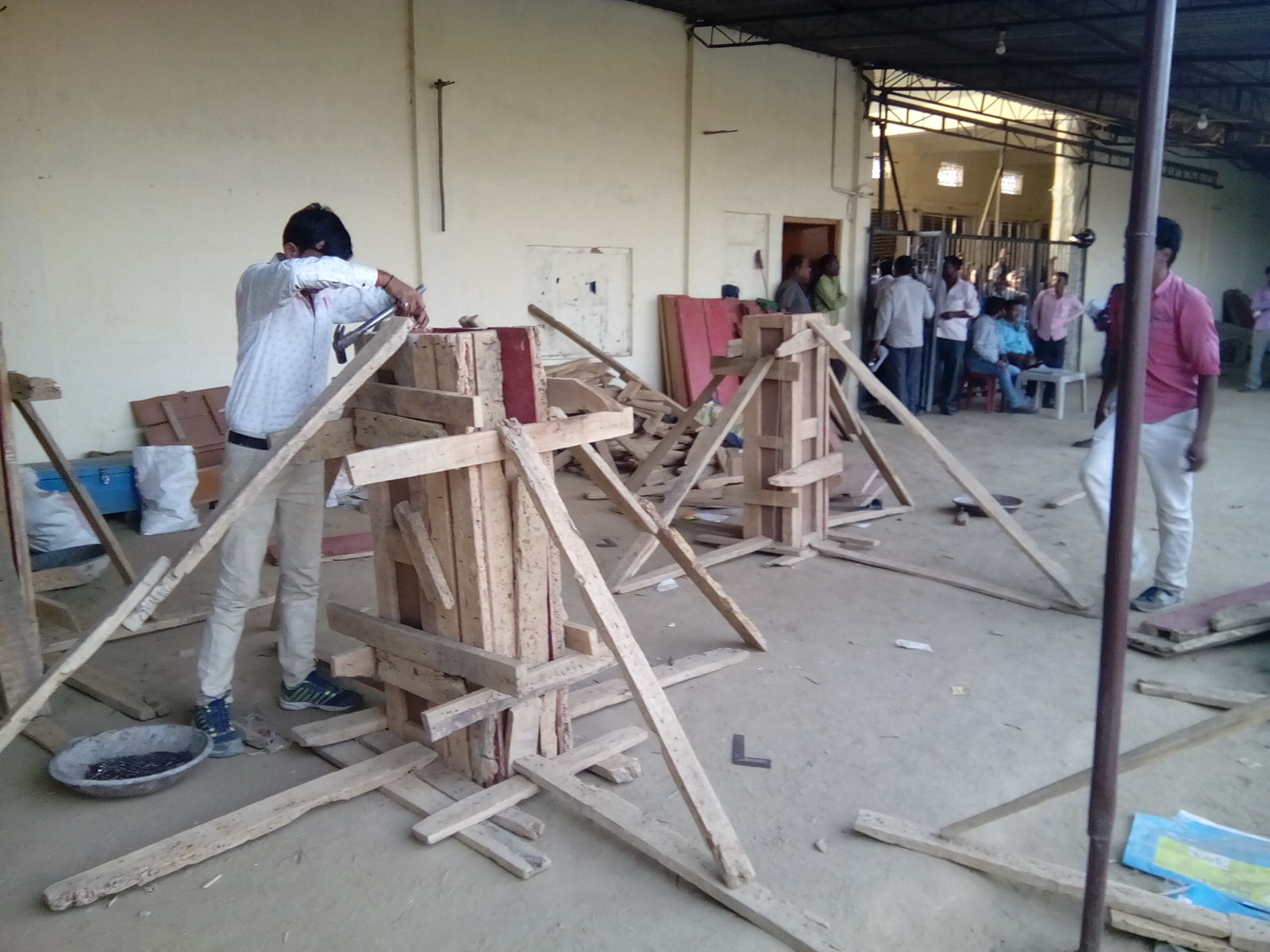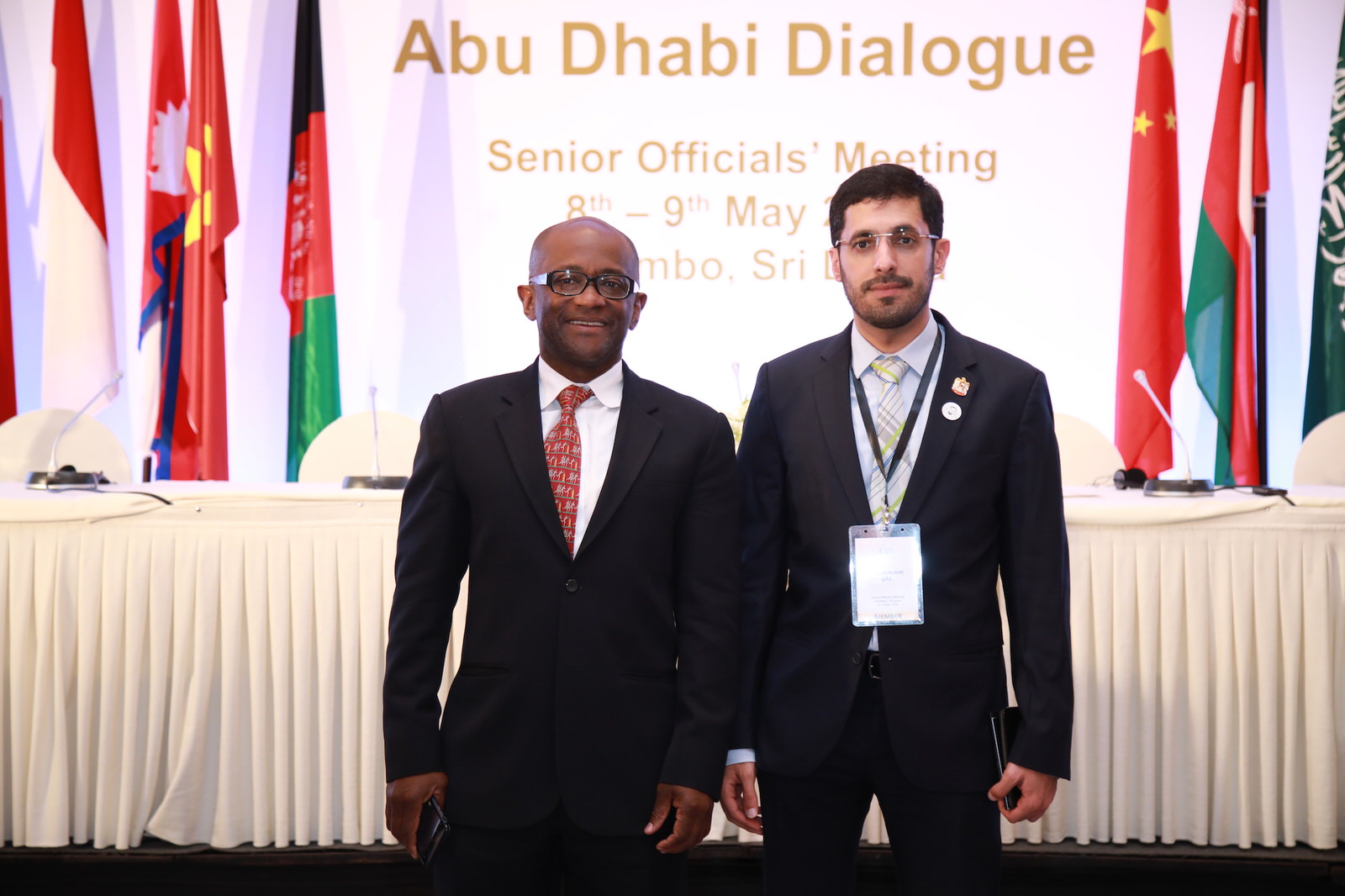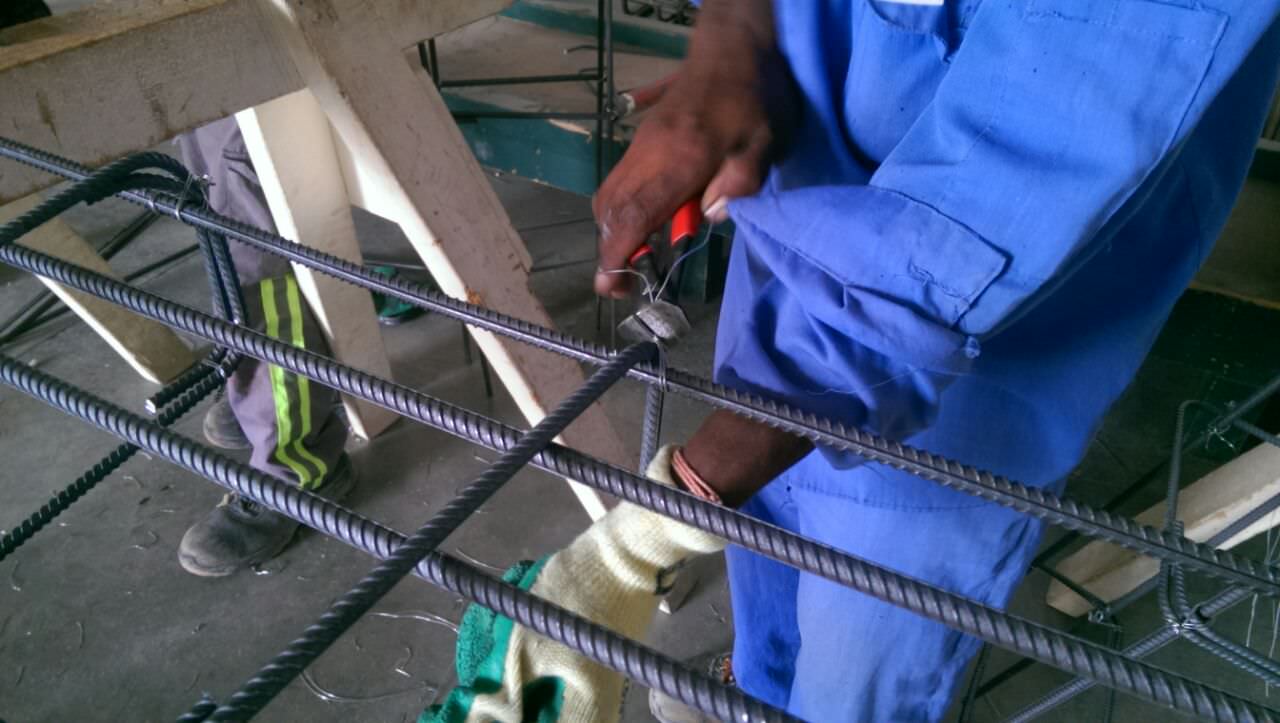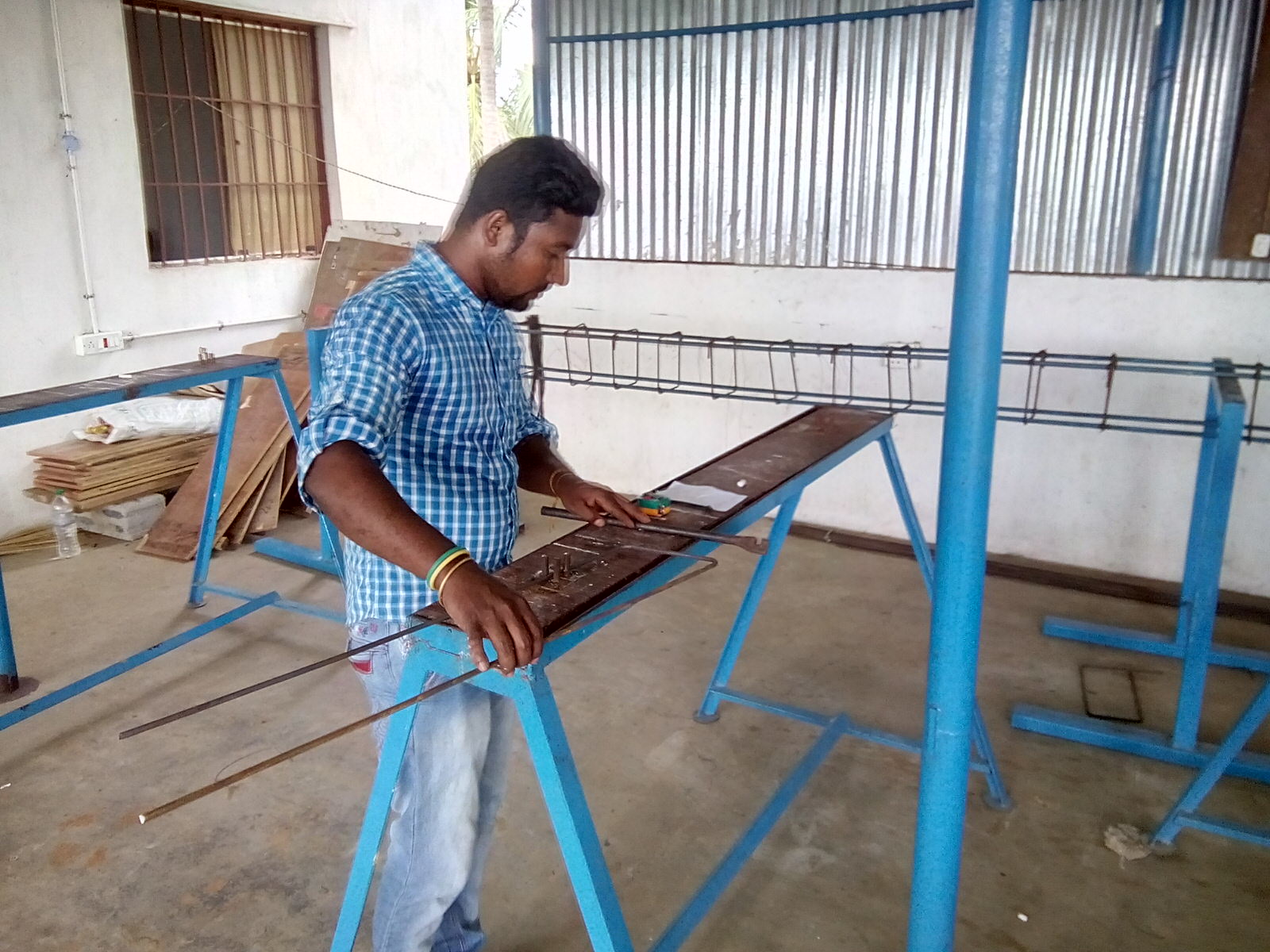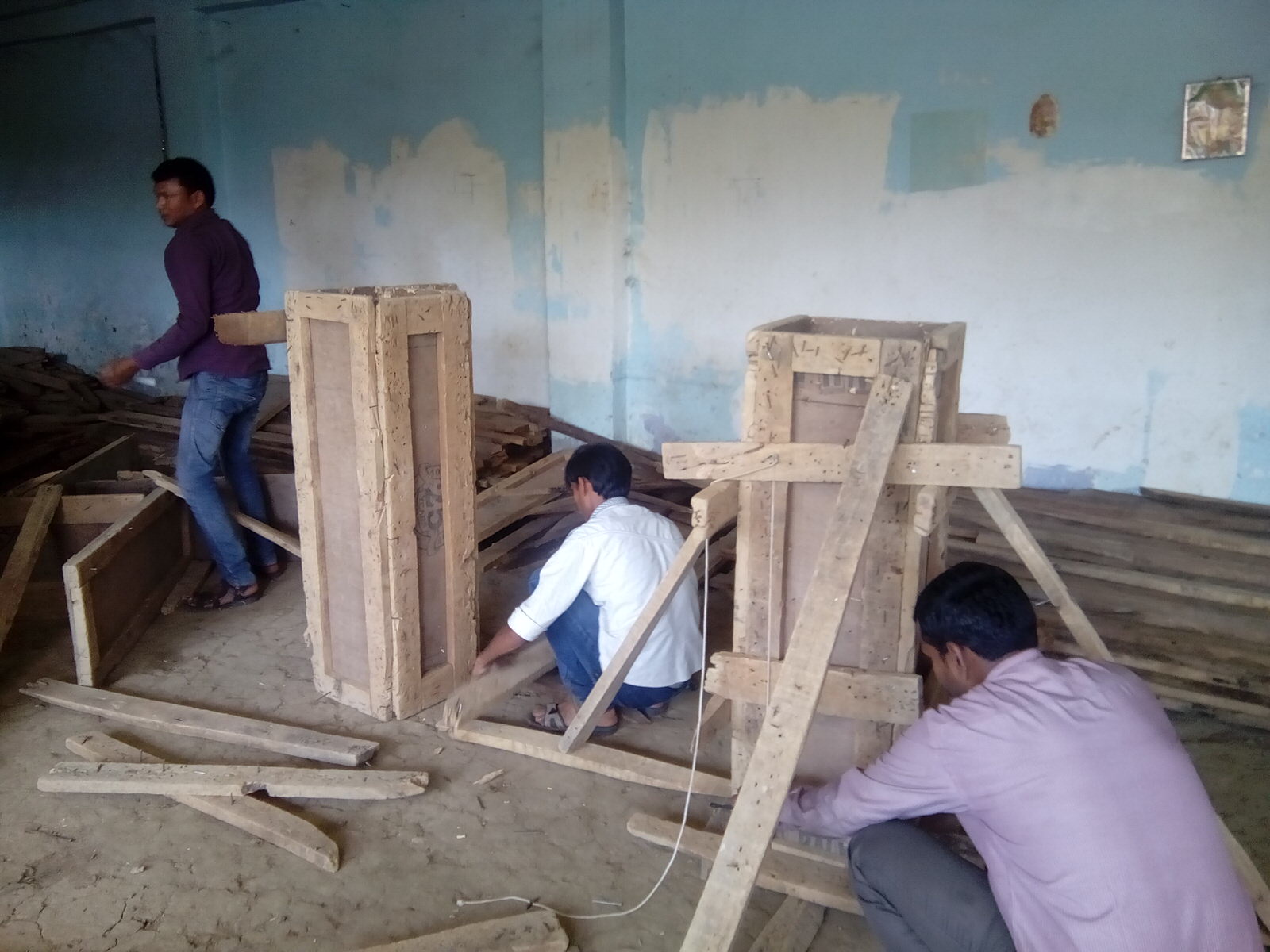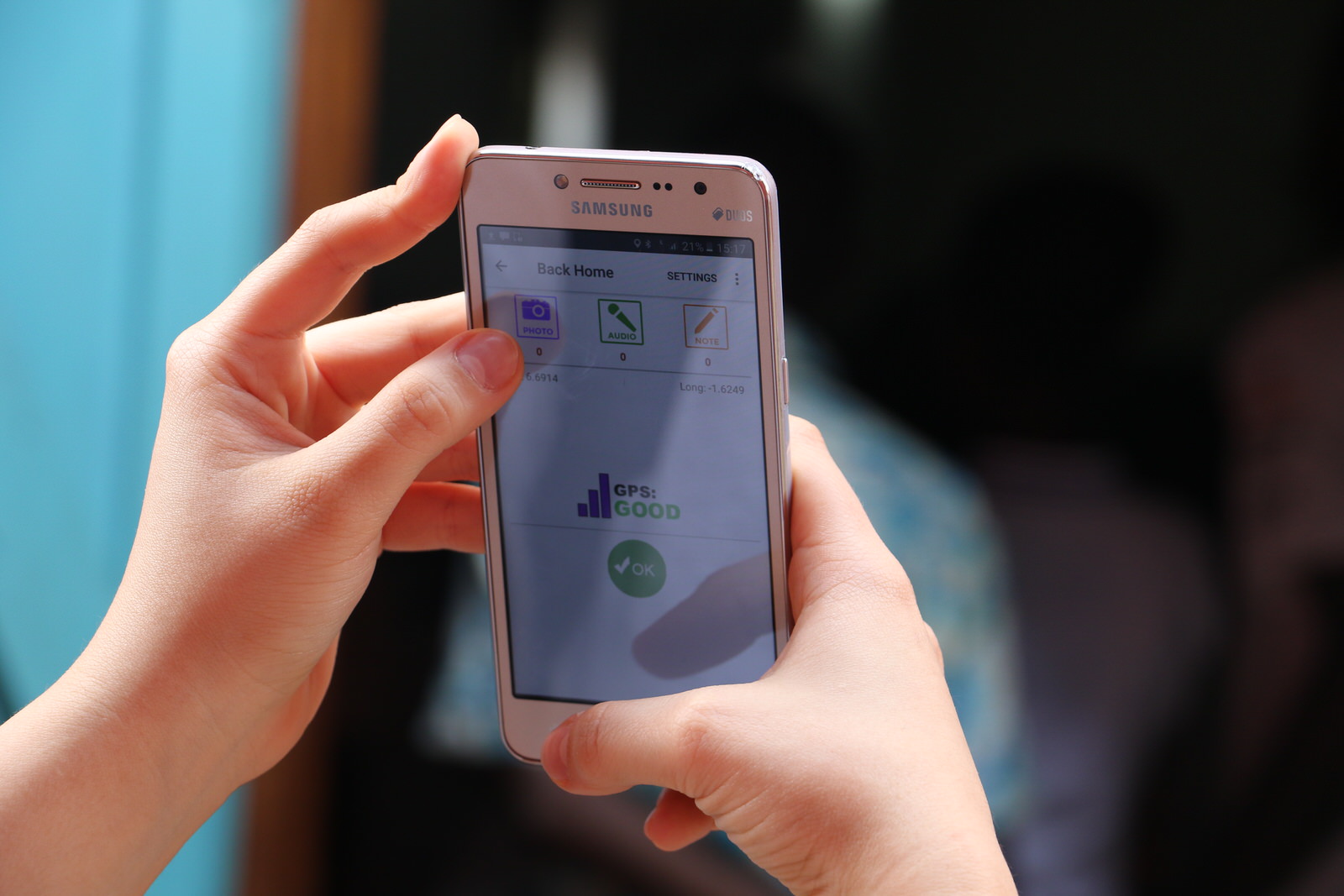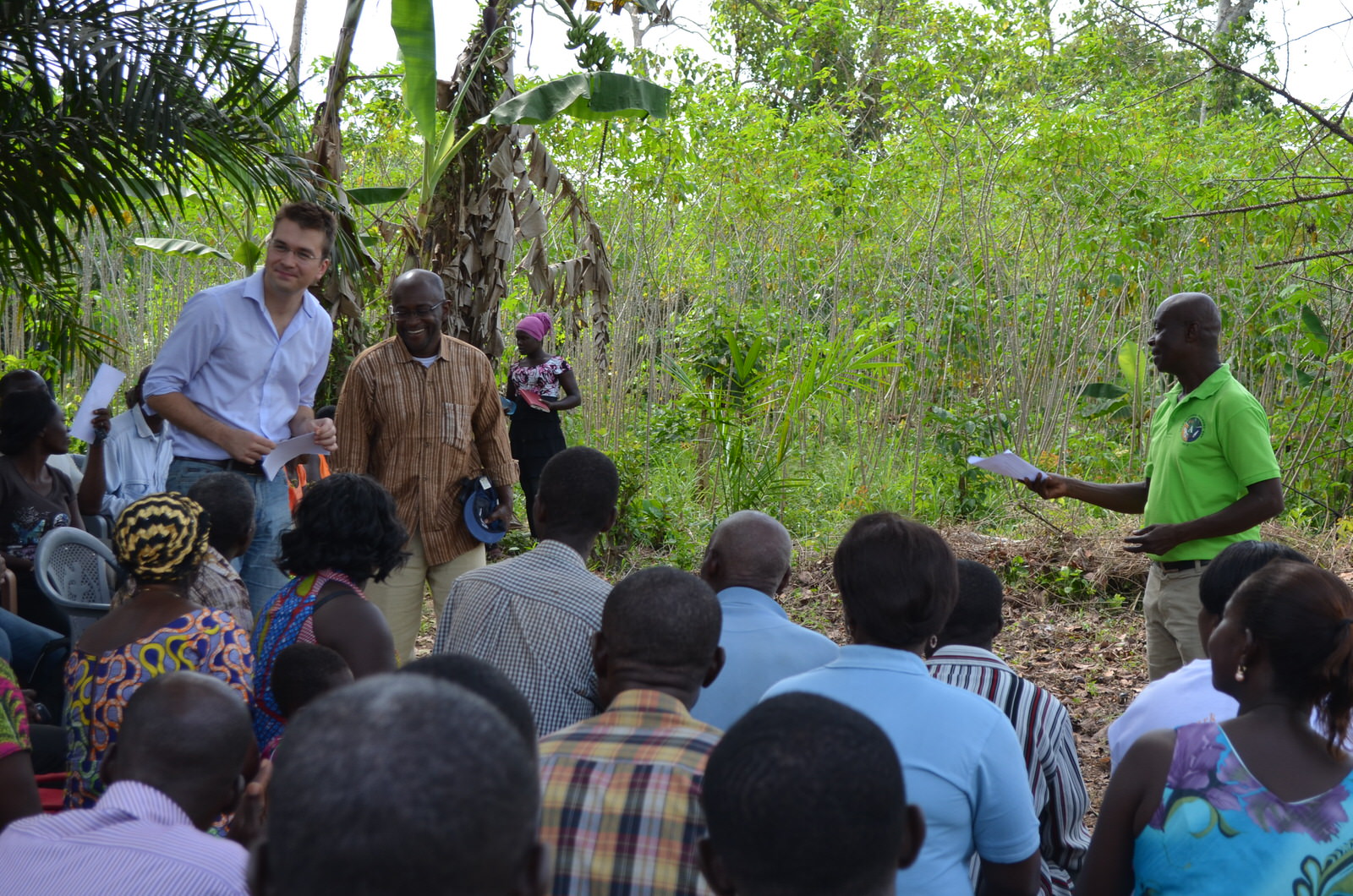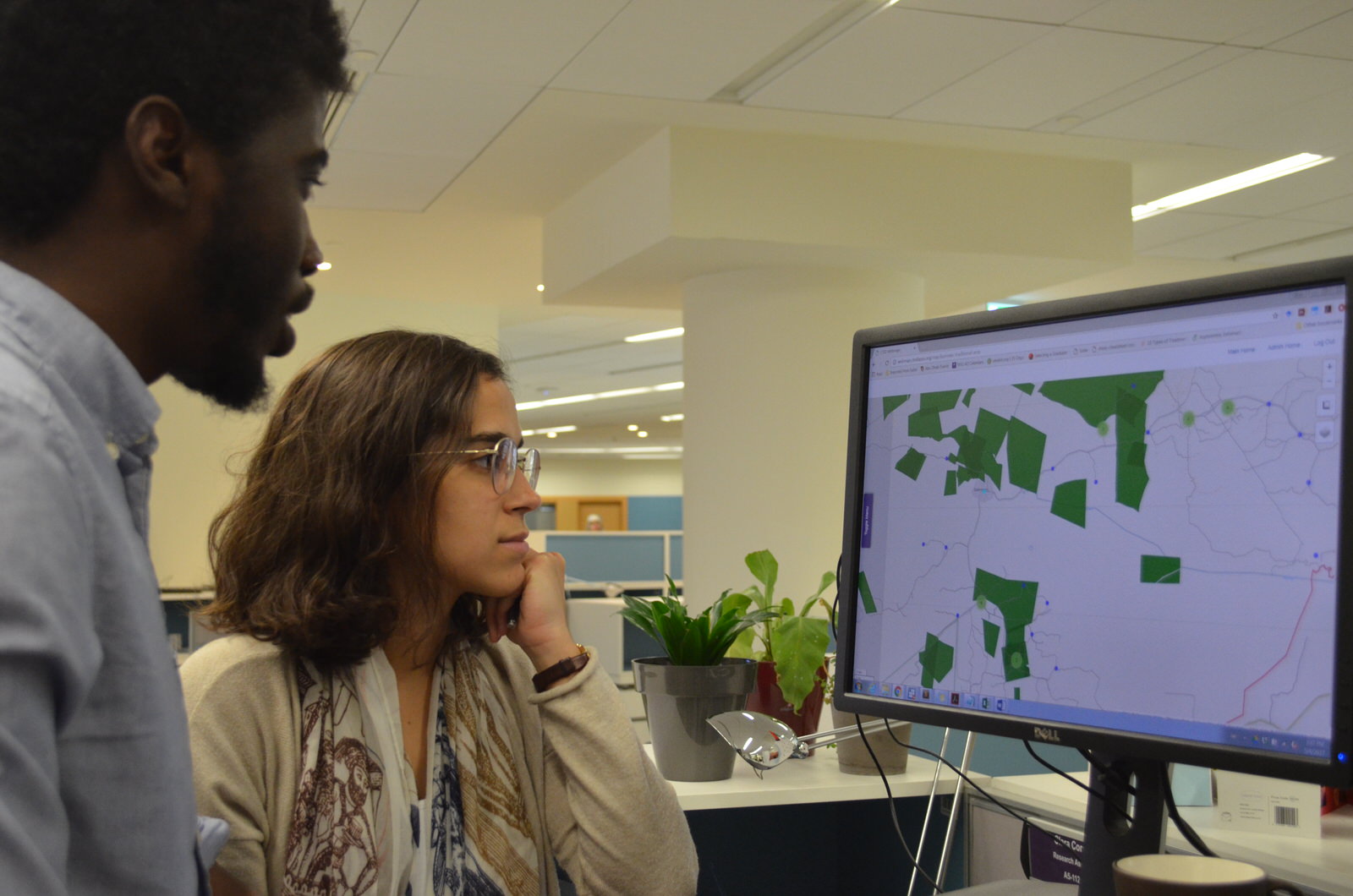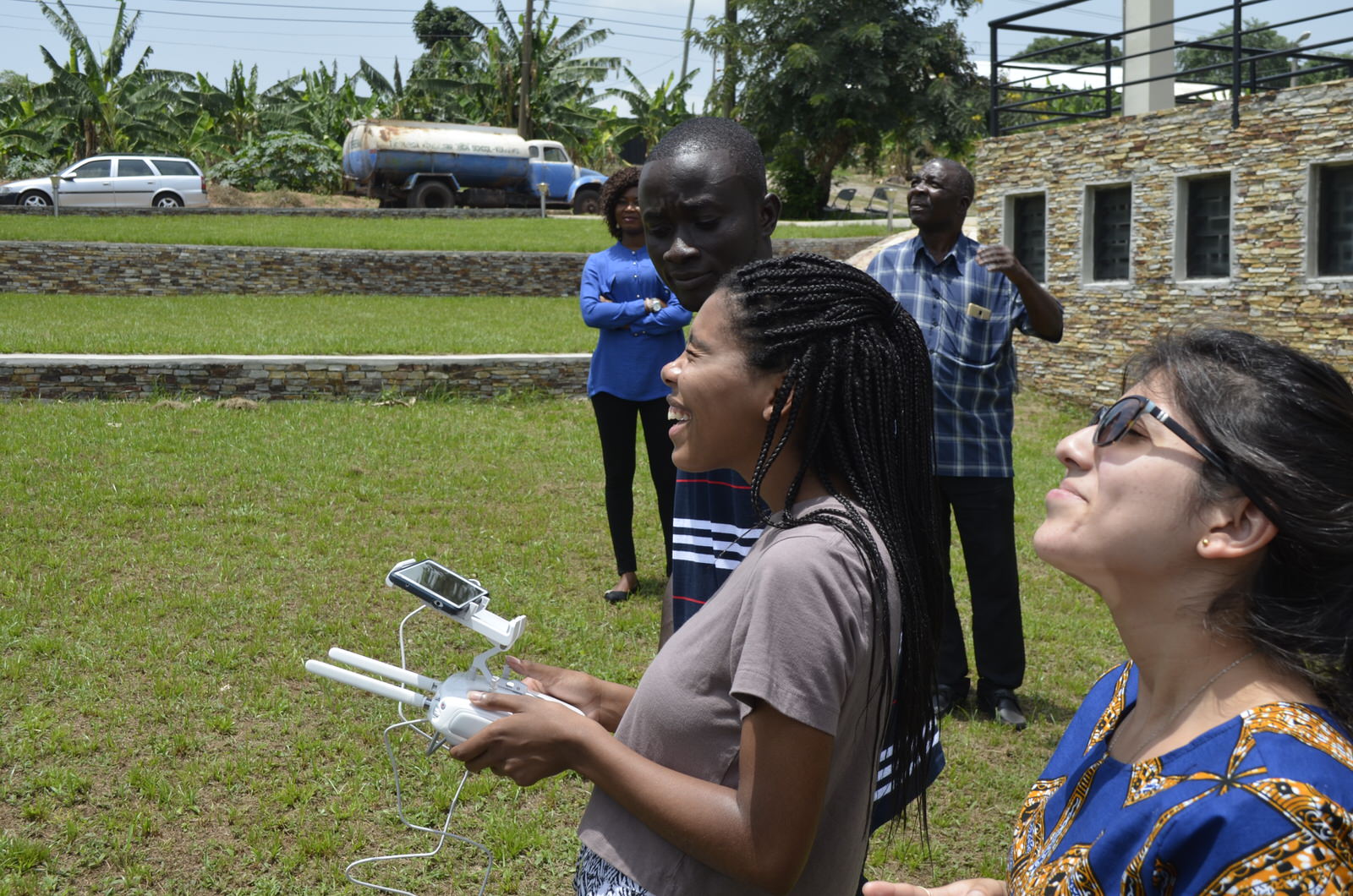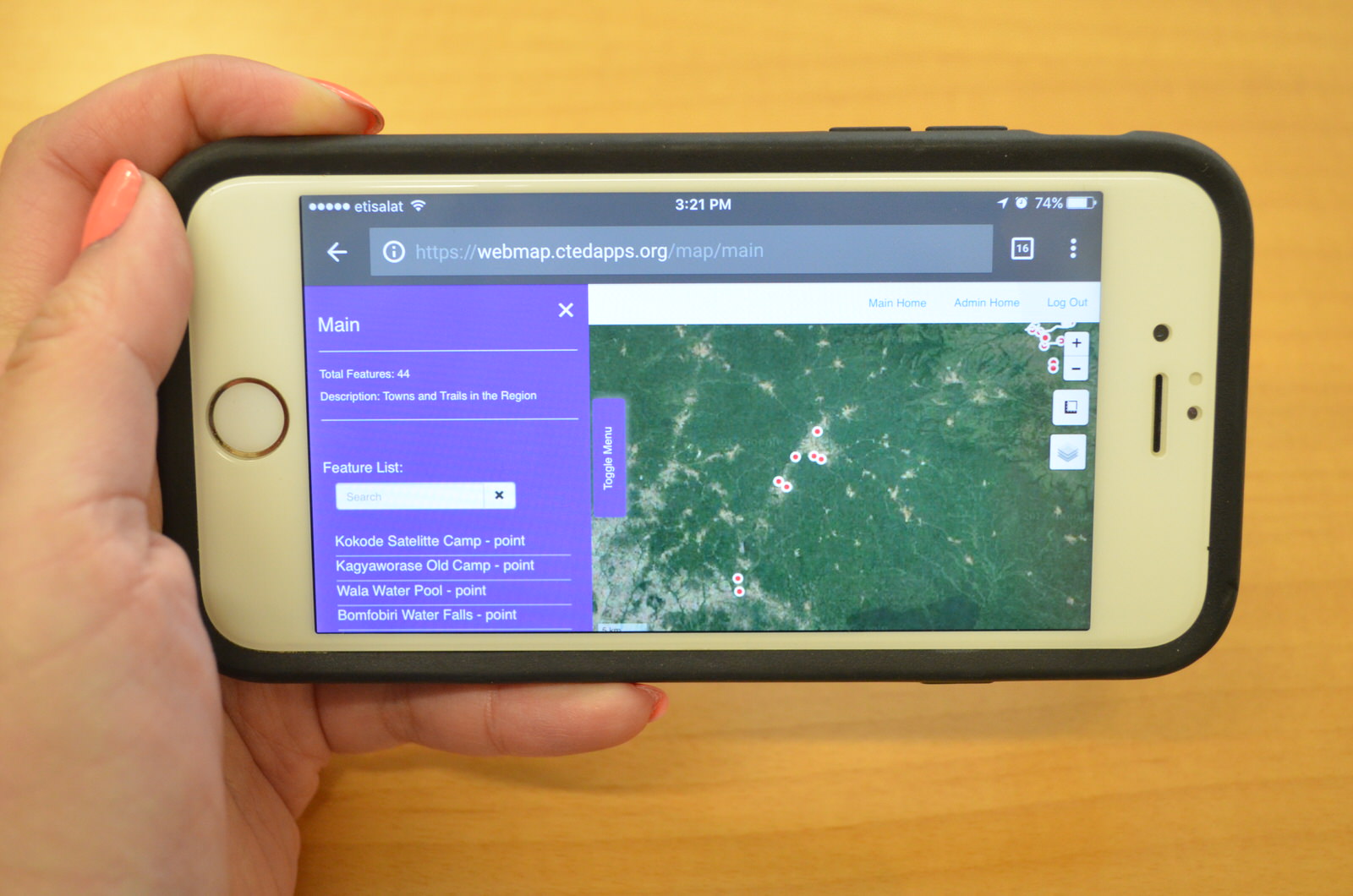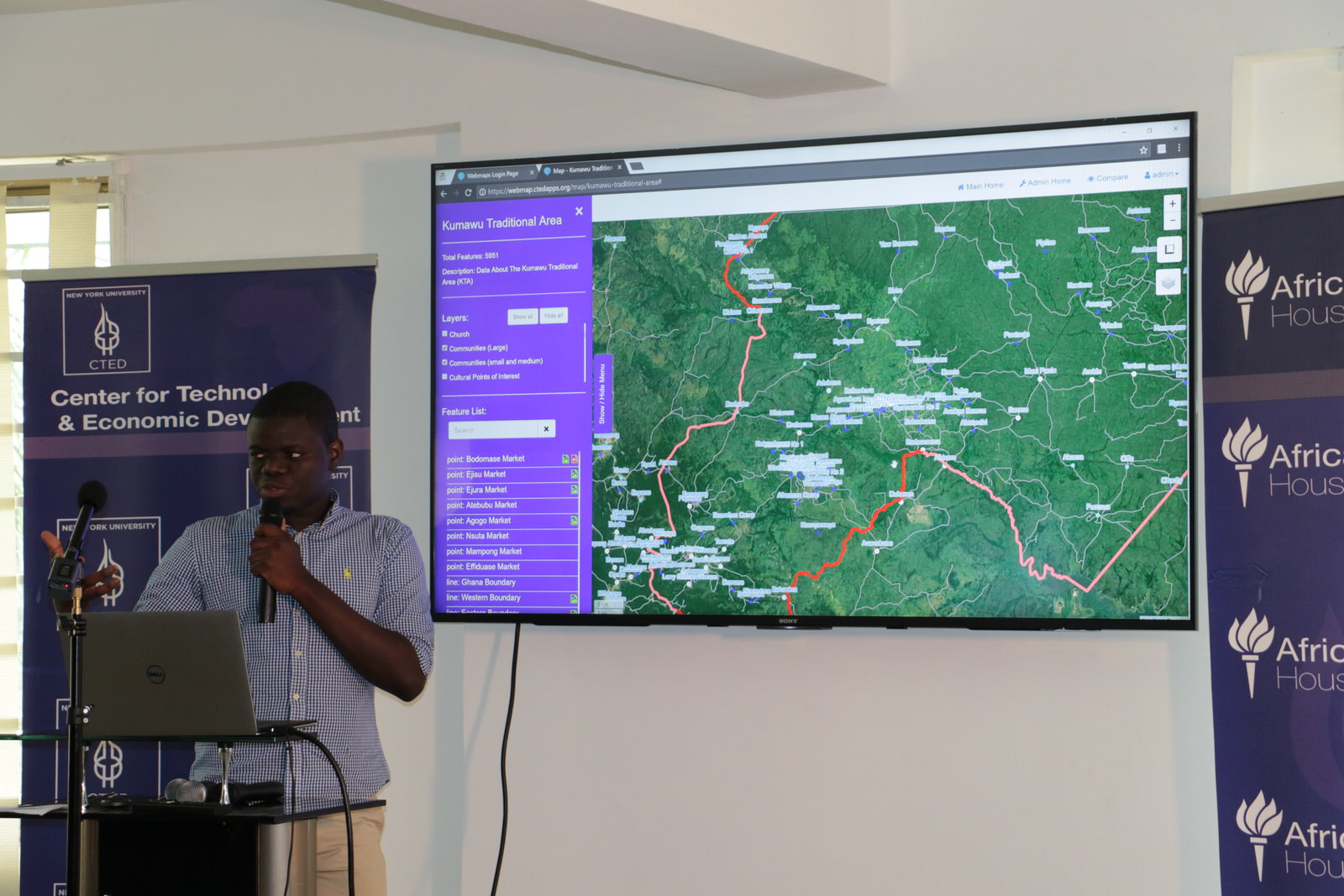RESEARCH
Our research at CTED covers 4 major topics:
Economic Theory & Markets
We study the theoretical and practical implications of individuals and firms interacting in market settings, and how this exchange of information, goods, and services aggregates into economic change.
Rural farmers face several barriers to market access with challenges such as: limited price information and access to credit, influence of intermediaries (middlemen) who dictate pricing, distance to viable markets, and poor transport systems. We work with the Ghana Commodities Exchange (GCX), the Ghana Ministry of Food and Agriculture, and farmers to address these challenges with technological interventions.
We have developed the proprietary mobile phone app MarketPlace that enables commodities trading between buyers and sellers. We train farmers to use the app and conduct beta tests to improve the user experience and optimize the design. This research enables us to analyze data like what crops farmers are buying and selling, price information, and trading frequency. In recognition of this research, Yaw Nyarko was appointed as Chairman of a Technical Advisory Committee for the Government of Ghana to provide insights for the technical development of the Ghana Commodities Exchange (GCX). Currently, the MarketPlace app is being tested through a national survey in all ten regions of Ghana.
Supported by:
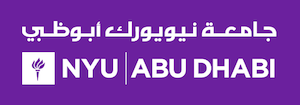
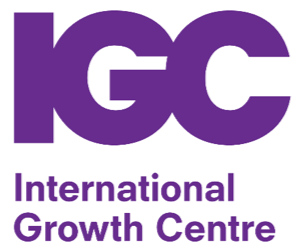
New York University Abu Dhabi Research Institute
International Growth Centre (London School of Economics)
Anonymous Donors
Collaborators:


Ghana Ministry of Food and Agriculture (MOFA)
Ghana Commodities Exchange (GCX)
Commodities Brokers Association of Ghana (CBAG)
Migration & Global Labor Markets
We study the migration flows from poorer regions and mobility, skills and human capital development within emerging nations.
International migration offers potentially large gains in income for the global poor. However, despite its promise as a mechanism for reducing poverty in developing countries and reducing global inequality, little is known about the distribution of the welfare gains from international migration, particularly in relation to extensive labor market intermediation. Our project proposes several novel strategies for examining the distribution of gains in the context of workers from Asia (primarily India) seeking work opportunities in the United Arab Emirates (UAE). Our empirical work is guided by theoretical analyses of the labor markets along the entire migration chain.
The UAE is one of the largest hubs of migrant workers, with 89% of its population being foreign. In a country with a total population of 9.4 million (2017), Indians constitute the largest part of population with over 2 million currently residing in the country. Considering there is little quantitative evidence on the migrant labor market in the UAE, we study the returns of Indian migrant workers in the gulf nation, at a time where migratory laws are being reformed. The ‘kafala’ system (that tied workers to employers) has been modified so that workers can transition from one employer to another without further permissions required. Ultimately, this creates a more competitive labor market for both workers and employees. For this study, we conduct a Randomized Control Trial surveying the participants on different dimensions to evaluate the impact of migration on workers from a personal and professional perspective. We also obtain insights on expected and real wages and compare these components with the perceptions of costs and benefits of migrating.
Through grants from the REALM Program (Columbia University and New York University Abu Dhabi), PI Yaw Nyarko studies “Recruiting International Migrant Labor: Theory and Evidence” with collaborators Suresh Naidu (Columbia University) and Shing-Yi Wang (University of Pennsylvania).
Supported by:
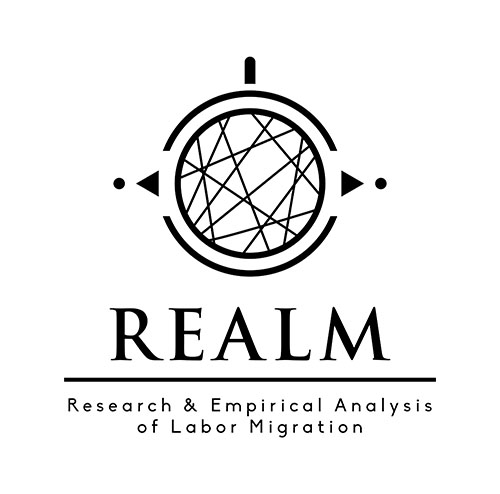
Research and Empirical Analysis of Labor Migration (REALM)
Collaborators:
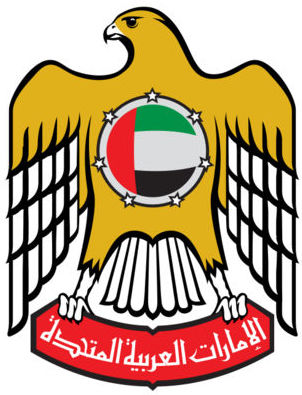
UAE Ministry of Human Resources and Emiratization (MOHRE)
Yaw Nyarko (PI, New York University), Suresh Naidu (co-PI, Columbia University), Shin-Yi Wang (co-PI, University of Pennsylvania)
Technology & Economic Development
We study the application of technology and economic development for improvement in the lives of people, particularly in relation to smallholder agriculture in developing countries.
With the rapid growth of mobile phone access in developing countries, the study of the intersection of technology and economic development is crucial to developing interventions for rural economies. Our research uses proprietary mobile phone apps to develop practical solutions to development problems. These apps are created with responsive technology for data analysis and documentation. We are currently working on developing artificial intelligence research projects for agricultural crop detection using drone technology and images to train a neural network-based model to predict the crops.
CTED Mobile Apps:
CTED’s team of developers in Abu Dhabi and Ghana have designed the following apps:
Marketplace App: CTED collaborated with the Ghana Commodities Exchange (GCX), Ghana Ministry of Food and Agriculture (MOFA), and rural farmers to develop Marketplace, a proprietary mobile phone app that enables commodities trading between buyers and sellers. This research enables CTED to analyze data like what crops farmers are buying and selling, price information, and trading frequency. Currently, it is being tested nationally in all ten regions of Ghana as part of a national survey.
Farm Data App: As part of CTED’s Mapping research, we have developed the proprietary Farm Data mobile app that provides real-time measurement of farms, predicts farm yields, and stores crowdsourced data such as audio recordings, videos, and photographic images. Trained by CTED staff, data collection is done by farmers themselves or enumerators, who upload this data to the Webmaps mapping platform in real-time.
CDC Data Collector App: This crowdsourcing mobile app was designed by CTED to collect integral data points related to mapping, lands, and community governance in Ghana. The data was collected by enumerators and imported to the Webmaps platform to provide a holistic merging of historical and modern land records, farm plots, deeds, images, and points of interest.
Live Tracker App: CTED designed this mobile app to study transport networks in Ghana and linkages to the trading of commodities. This app was designed similar to Uber or Lyft, yet addresses constraints by rural drivers in developing countries.
Supported by:


New York University Abu Dhabi Research Institute
International Growth Centre (London School of Economics)
Anonymous Donors
Collaborators:


Ghana Ministry of Food and Agriculture (MOFA)
Ghana Commodities Exchange (GCX)
Commodities Brokers Association of Ghana (CBAG)
Mapping
Using GIS mapping, drone images, and AI, we examine how technology impacts land rights, governance, and economic development.
In Ghana, rural communities are governed by chieftaincies where the chief (traditional leader) controls the documentation of land tenure and has ultimate authority on land allocation, distribution, and management. With rapid urbanization, poor record keeping, and limited technology in land governance systems, many traditional leaders lack adequate information and tools necessary for accurate and transparent documentation to settle land disputes when they arise or to collect revenue. Considering these historical governance structures, we have created a Mapping platform called Webmaps, which incorporates digital plotting and mapping of lands using mobile apps and drone technology. By collecting data such as farm boundaries, aerial imagery, residential plots, roads, landmarks, and others points of interest, we are able to advise communities on historical land tenure, which is compared to archival paper maps, and make policy recommendations to community leaders for future land distribution for commercial or private acquisition. Ultimately, the Webmaps platform enables users to fill in the gaps one would find when looking at Google or Bing Maps in a rural setting.
Related to the Mapping project, we have developed the proprietary FarmData mobile phone app, which provides real-time measurement of farms, predicts farm yields, and stores crowdsourced data such as audio recordings, videos, and photographic images. Trained by staff, data collection is done by farmers themselves or enumerators, who upload this data to Webmaps in real-time.
Supported by:

New York University Abu Dhabi Research Institute
Collaborators:
Kumawuman Traditional Council
Kumawuman Customary Lands Secretariat
Office of the Administrator of Stool Lands - Ashanti Region
Ghana Ministry of Lands and Natural Resources
Bomfobiri Wildlife Sanctuary


